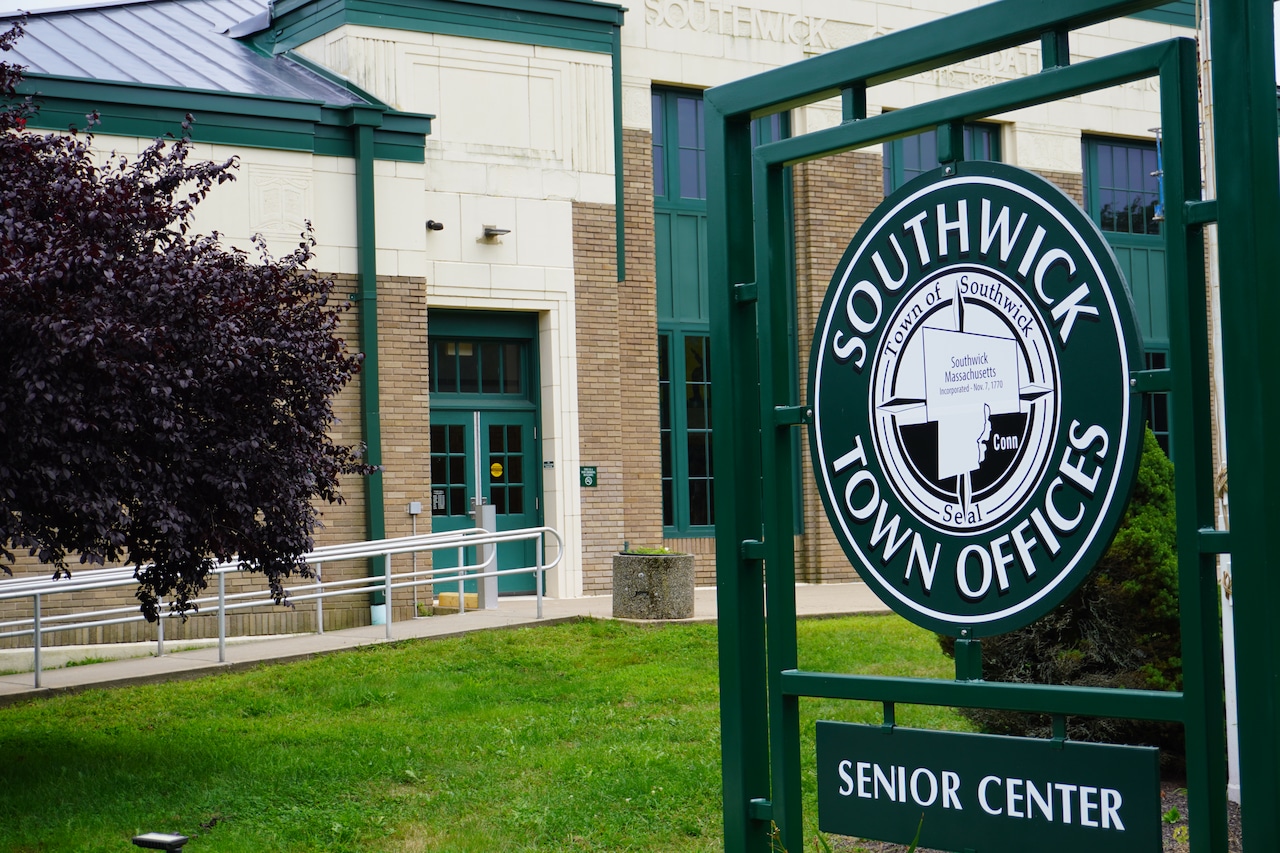
We celebrated Nursing Week last week. Given the importance of nurses in health care, the nursing profession itself, the education and roles are varied and can be confusing to the lay person. Roles can be clear or muddied in many situations and perceptions. Would a general want to be called a private, a ship captain be called a first mate, Babe Ruth mistaken for a batboy, a chef for a dishwasher?
Let me make it clear that respect is due for everyone that gets up and goes to work in the morning in any profession or trade and has an honest work ethic. However, credit is certainly due for one who attains a higher level of education and other achievements in their field. Having been a nurse for 38 years, I have answered questions or educated people on the subject on a daily basis. So, here is a primer on who is who is the nursing world.
An LPN is generally a one-year program that includes training and prepares a nurse who can provide basic care for patients without administration of medications. LPN schools have been phased out over the years. Many hospitals have stopped employing them. LPNs are commonly employed in long term care facilities, clinics, rehab centers and group homes. I have great respect for the LPNs I have worked with.
The nursing profession goes back to the 18th century, when care was at home or in the church. In the beginning, nursing was learned on the job. The care nurses provided in wartime steered nursing toward more formal education. The history of nursing is far too extensive to cover in an article, but it would be disrespectful to not mention Florence Nightingale as the founder of modern nursing. The first nursing schools for registered nurses (RN) were hospital-based schools. As nursing progressed as a profession, nursing programs became part of academia with associate and baccalaureate programs at colleges and universities.
Once one successfully completes an education, one must pass a test given by a state nursing board to become a registered nurse. To practice in other states, one needs a license for each state. Documented continuing education is required every two years to renew a license. One must attest, under penalty of perjury, to comply with an extensive list of state board laws and regulations and remain in state law definition of good moral character.
To augment one’s education and prove specialty knowledge, an RN can become certified by national nursing organizations. This consists of meeting qualifications and passing a test. Certifications must be renewed periodically by continuing education, working in the field and other requirements.
Registered nursing jobs are extensive and varied. Nursing specialties include emergency, public health, school, universities, medical, surgical, psychiatric, ortho, obstetrics, gynecology, pediatric, neonatal, ICU, telemetry, wound care, allergy, home care, community, occupational health, legal, administrative, forensics, infection control, case management, insurance, flight, geriatric, hospice, oncology, aesthetics, dermatology, military, research and more. One can work in a hospital, office, freestanding surgical centers, insurance companies, legal offices and many more.
Advanced practice registered nurses (APRN) are registered nurses with a master’s or doctorate degree. Advance practice nurses include nurse anesthetists, nurse midwives, nurse practitioners and clinical nurse specialists. Nurse practitioner specialties include but are not limited to geriatrics, emergency, family, acute care, psych, adult, pediatric and public health.
Where a certification for an RN is not required to practice, an advanced practice registered nurse cannot practice without a certification. Advance practice nurses are educated, licensed and certified to assess, diagnose and treat patients while treating the whole psycho-social person with a focus on education. They must maintain an RN and APRN license, a state prescribing license, a federal prescribing license and certification.
With all due respect and appreciation to our physician colleagues, to answer an ever-so-common question asked of us, no, the next step is not to be a doctor and no, we didn’t want to be a doctor and take an easier route. Although, a doctorate in nursing is available to us and attained by many. The art and science of nursing is in our hearts and souls.
As of January 2021, Massachusetts joined 22 other states in allowing APRNs with at least two years of supervised practice experience to engage in prescriptive practice without physician supervision and without written guidelines. Massachusetts nurse practitioners are not required to have physician oversight in diagnosing and treating patients. NPs have a collaborative practice agreement with a physician.
Like anyone’s job and pursuit of education, nursing programs are not easy. Nursing students work hard academically and clinically. Nurses work hard to care for their patients while constantly updating their knowledge and keeping current. There are clear differences in the path one chooses in nursing. The most important aim of all nurses is to use that education and hard work to care for the patient.
Take care of yourself and someone else.
Juanita Carnes is a Westfield resident and a nurse practitioner with 38 years of experience in a hospital emergency department and urgent care facilities. She served 30 years on the Westfield Board of Health.





